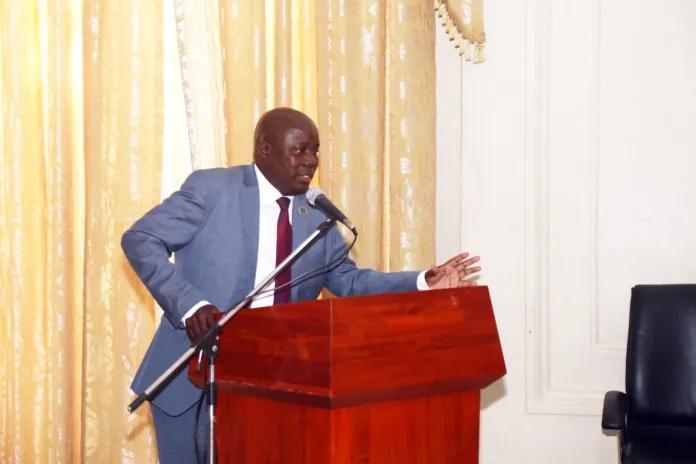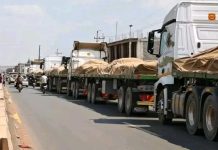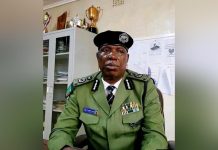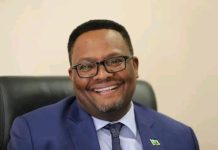Africa-Press – Zambia. Clayson Hamasaka, a senior government official, has pushed back against sustained criticism from Zambia’s opposition, stating that the ruling party remains undeterred by political attacks and is focused on delivering national development. He argued that achievements such as free education and new mine openings speak for themselves, even in the absence of praise from opponents.
In a political climate often defined by opposition criticism and ruling party defense, Hamasaka’s comments underscore the growing chasm between Zambia’s major political blocs. “You do not expect the opposition to praise the president,” he said. “Actually, they are condemning free education. They say we have compromised education quality.”
This dynamic, he argues, reveals a contradiction: programs that directly benefit citizens are being politicized rather than debated constructively. “If they are going to condemn free education, are they going to remove it?” he asked. “If they are condemning us for opening mines, what is their alternative?”
Hamasaka’s statements come as the government defends several high-profile reforms, including universal primary and secondary education, economic stabilization efforts, and the revival of key mining operations. While these initiatives have garnered support from international donors and development partners, the opposition has remained largely critical, arguing that implementation lacks quality, oversight, or sustainability.
Analysts say the polarized rhetoric reflects deeper systemic issues. “In Zambia, opposition tends to define itself by confrontation rather than policy alternatives,” says Dr. Loveness Silungwe, a political scientist at the University of Zambia. “This impedes constructive democratic discourse and keeps voters in a cycle of confusion and cynicism.”
The introduction of free education in 2022 was one of President Hakainde Hichilema’s landmark pledges. It aimed to eliminate school fees for primary and secondary education, thereby improving access for children from low-income families. Despite its positive impact, critics argue the policy has stretched teaching resources and compromised classroom quality.
Government officials maintain that the challenges are transitional. “Yes, there are issues, but it’s a bold step towards equitable development,” said Education Minister Douglas Syakalima during a recent press briefing. He pointed to record enrollment numbers as evidence of success.
Zambia, a major copper producer, is also working to revive stalled or underperforming mines to boost production and foreign earnings. Hamasaka sees this as a key success under the current administration, even as the opposition questions ownership structures, licensing transparency, and labor conditions.
“We’ve created jobs and increased investor confidence,” Hamasaka stressed. “But all the opposition sees is an opportunity to discredit our efforts.”
Experts argue that while skepticism is a healthy component of democracy, it must be matched by solutions. “It’s not enough to say the government is failing,” said governance expert Choolwe Mweetwa. “The opposition must offer clear policy alternative show they would do things better, not just differently.”
The current tone of political debate, marked by accusations and defensiveness, risks alienating voters who seek pragmatic leadership over rhetorical battles.
Hamasaka’s message is clear: the ruling party does not expect applause from its opponents, but it demands fair critique rooted in facts and national interest. As Zambia heads into another election cycle, the maturity of its democracy will hinge not on applause or antagonism, but on the quality and integrity of its public debate.
“Impact of Free Education Policy: Enrollment Before and After (2021–2024)”
For More News And Analysis About Zambia Follow Africa-Press







